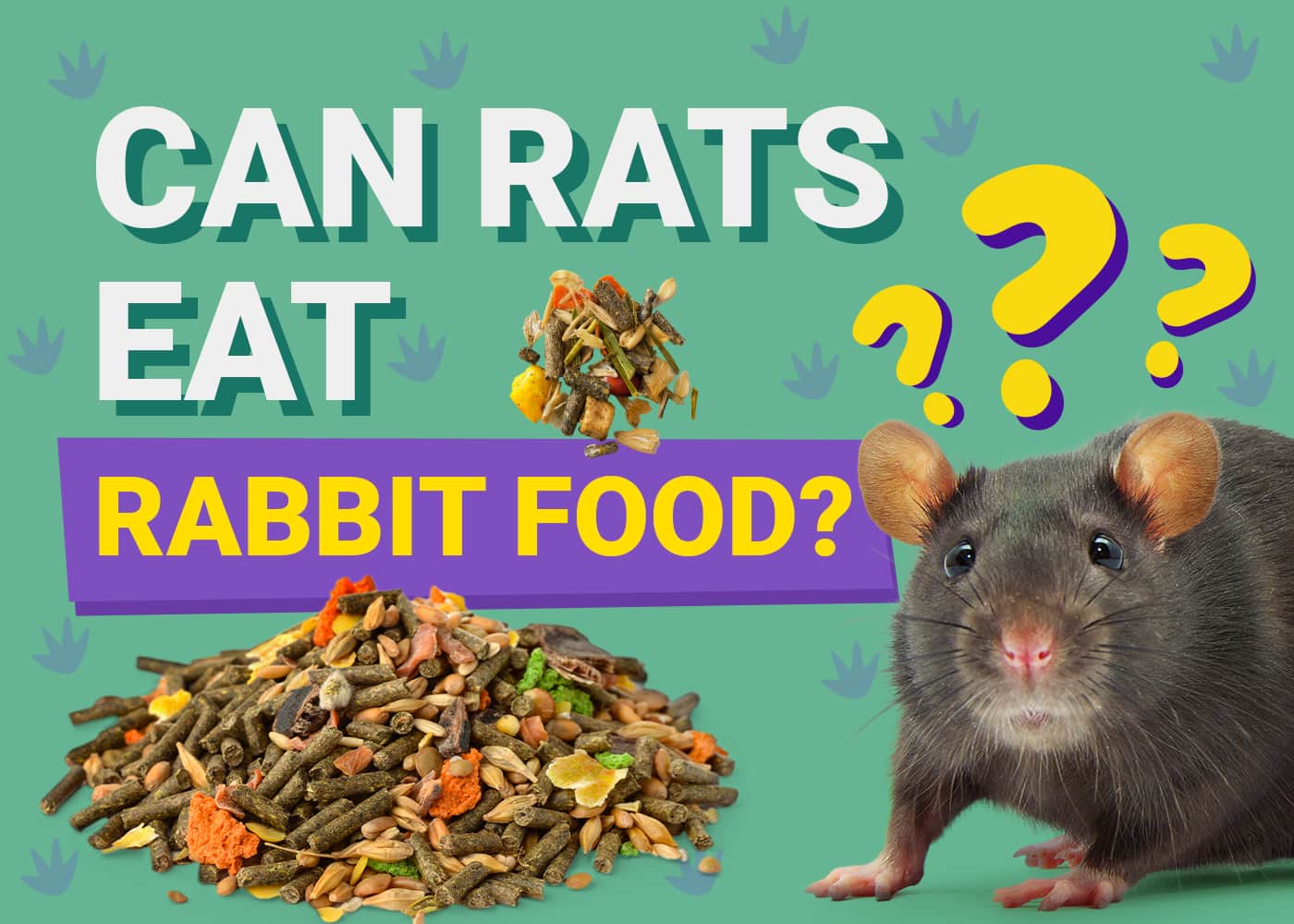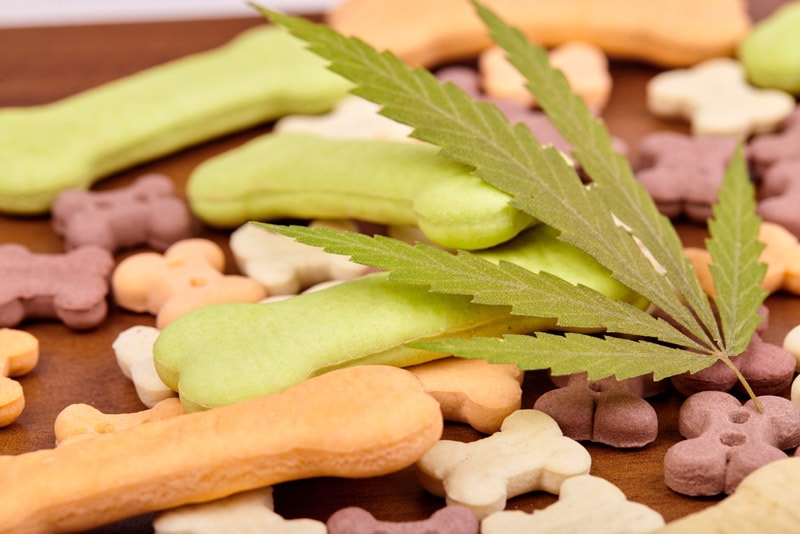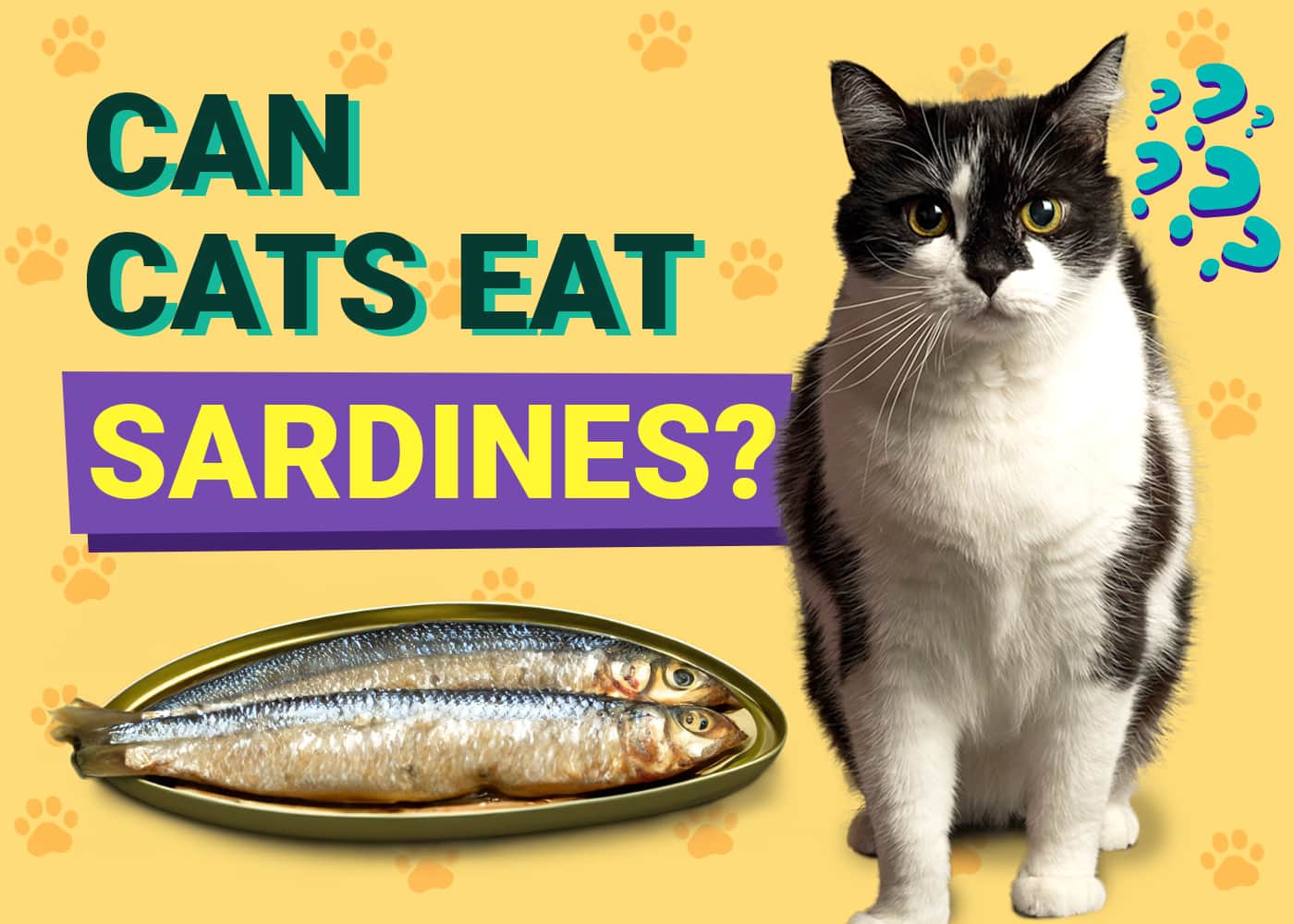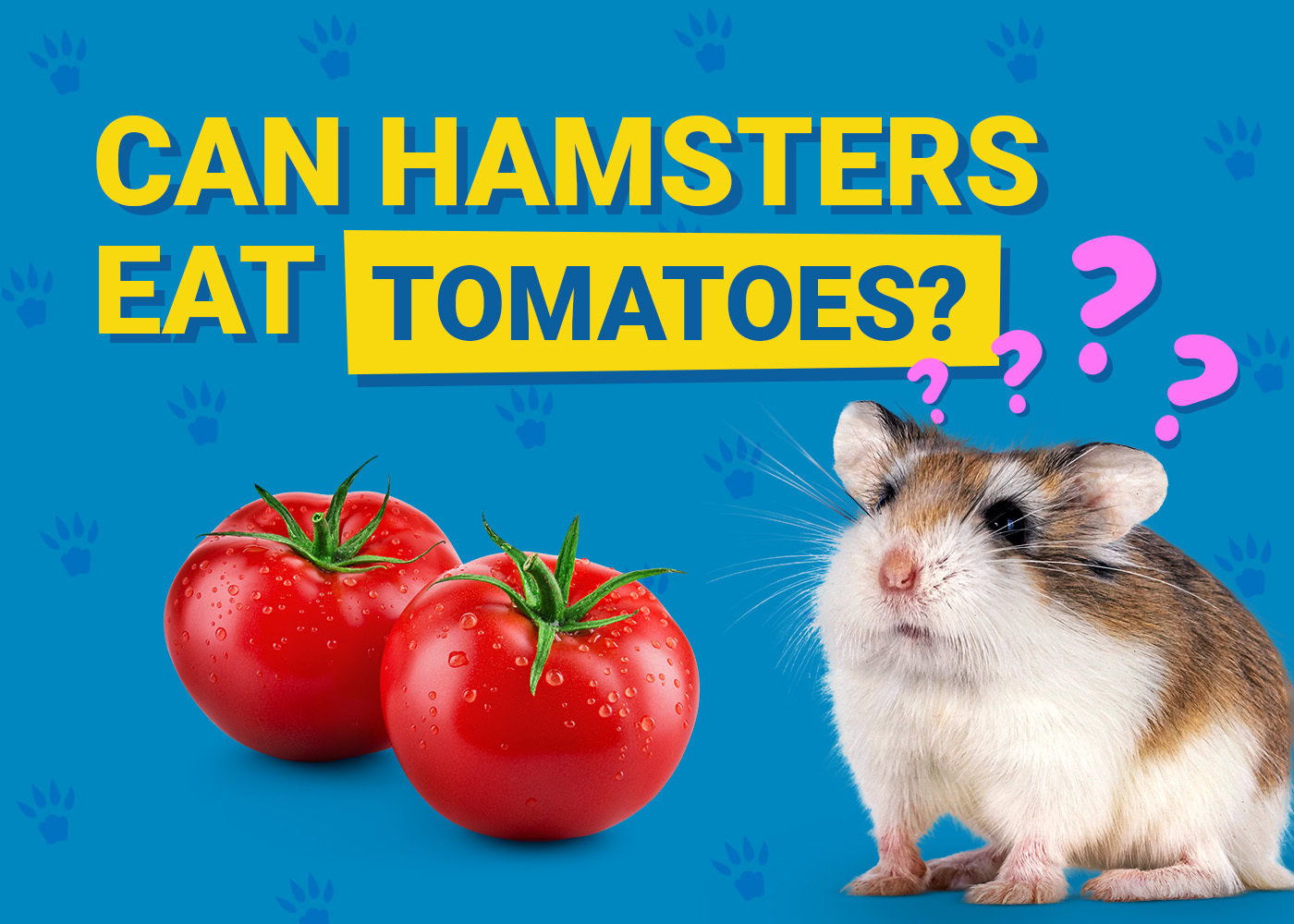VET APPROVED

The information is current and up-to-date in accordance with the latest veterinarian research.
Learn more »Click to Skip Ahead
In the wild, rats are well-known scavengers that will eat anything they can get. As pets, they should benefit from a more nutritionally beneficial food source that minimizes the risk of illness and ensures peak health and fitness. While rabbit food might not be toxic to rats, it should not be fed as a long-term replacement for a species-appropriate diet. Herbivore foods, such as rabbit food, are nutritionally very different from what your rat requires.
Read on to discover more about the nutritional implications of feeding rabbit food to a rat and a general nutrition guide for your pet rodent.

What’s in Rabbit Food?
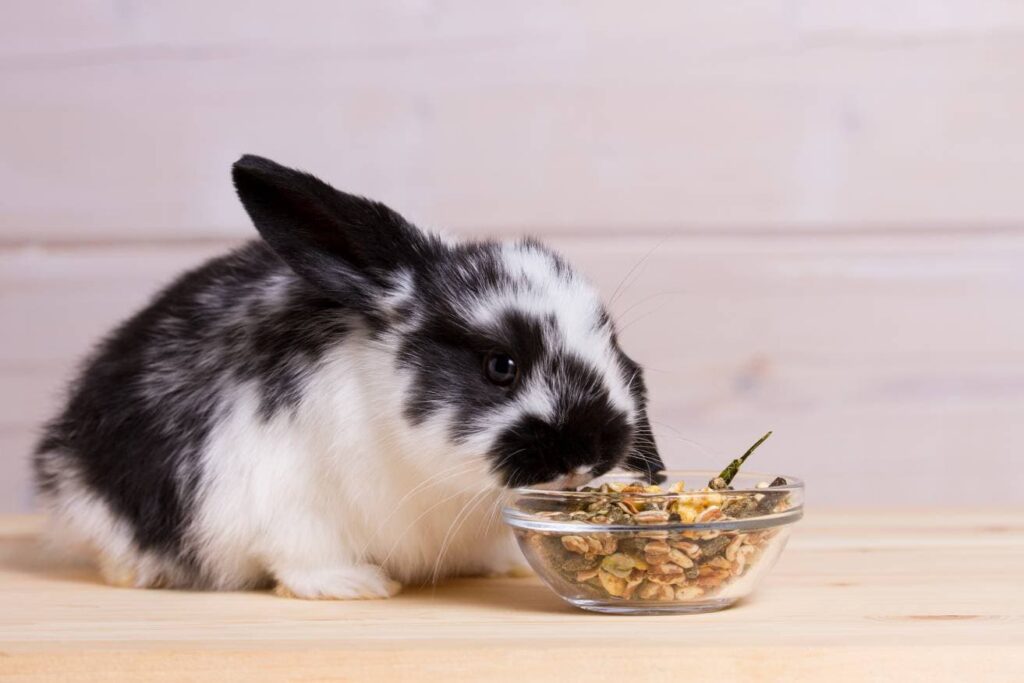
The majority of a rabbit’s diet should be made up of hay. As well as fresh hay, some of this daily allowance takes the form of rabbit pellets, which also contain additional vitamins and minerals. Commercial rabbit mix is also available. This is a cereal mix that contains corn, peas, and beans. It looks like muesli and is formulated to meet the nutritional requirements of the herbivore rabbit.
Rat Diet
Although rabbits are herbivores, rats are omnivores. Commercial rat food is available and designed to meet the rodent’s nutritional needs. They usually consist of a range of fruits and vegetables and may incorporate meat-based proteins, eggs, and other ingredients that will benefit your rat. Food intended for lab rats is often quite high in fats and is not recommended for pet rats. Food intended for pet rats often has higher fiber than food intended for lab rats, which helps manage their weight.
You can also add some meaty treats like mealworms or lean meat sources, but in most circumstances, these should only be fed occasionally to avoid overfeeding and prevent your rat from becoming overweight.
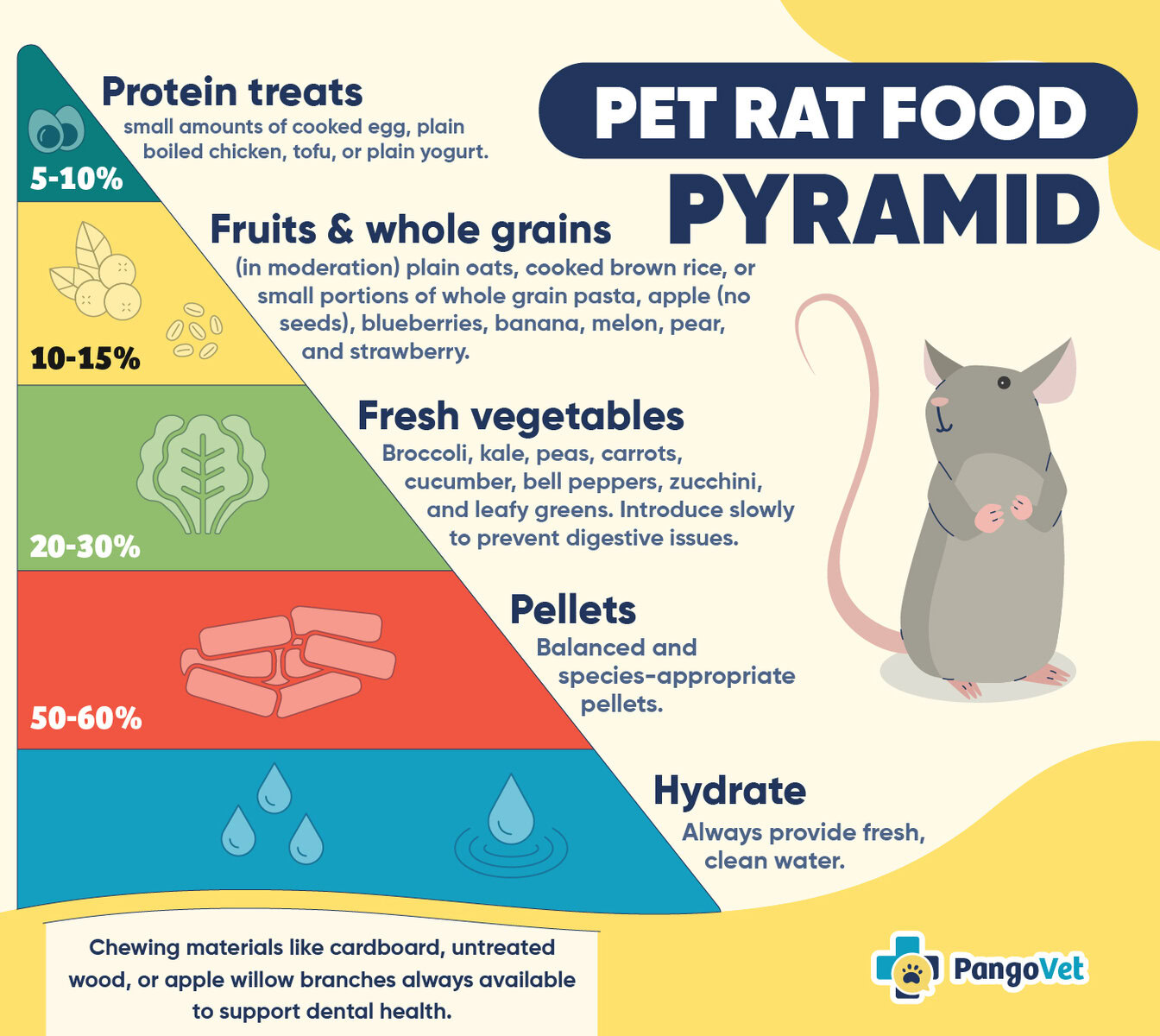
Can Rats Eat Rabbit Food?
Rabbits and rats have different nutritional requirements, especially with one being an herbivore and one an omnivore. This means that, even if a rabbit’s food does not contain any ingredients that are toxic to a rat, it probably isn’t nutritionally beneficial for them on a long-term basis. If a rat gets into the bag of rabbit food and eats a small amount of the contents, it shouldn’t be cause for concern, although you should check the ingredients to be sure.

The 5 Rat Treats You Can Safely Feed Them
While you shouldn’t feed rabbit food to your rat, it is a good idea to offer some variety and a little excitement to their diet. Below are five treats that are considered healthy as occasional treats.
1. Nuts
Nuts are high in calories, so you need to ensure that you do not feed too many. Though some people like to offer rats the nuts in their shells (to promote exercise and stimulation to open the nut), this is not recommended. The shells of many nuts may contain substances on them (naturally occurring or synthetically sprayed on) that can be toxic for rats. For example, the shells of peanuts are a common source for some strains of Aspergillus, a fungus.
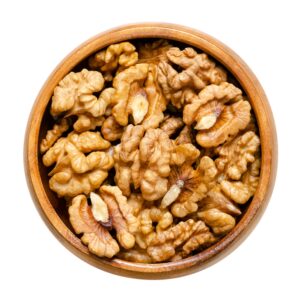
2. Vegetables
Many raw vegetables we consume are also safe for pet rats, provided they are thoroughly washed and ideally sliced into manageable pieces prior to being offered to your pet. Examples include carrots, lettuce, and cabbage.
3. Eggs
Fried (without the oil), poached, or boiled eggs are a fantastic treat for pet treats. Though rats can consume raw eggs, these often produce a considerable amount of mess. It’s also riskier to offer them raw eggs as these may be contaminated (though this risk can be circumvented by opting for pasteurized eggs).
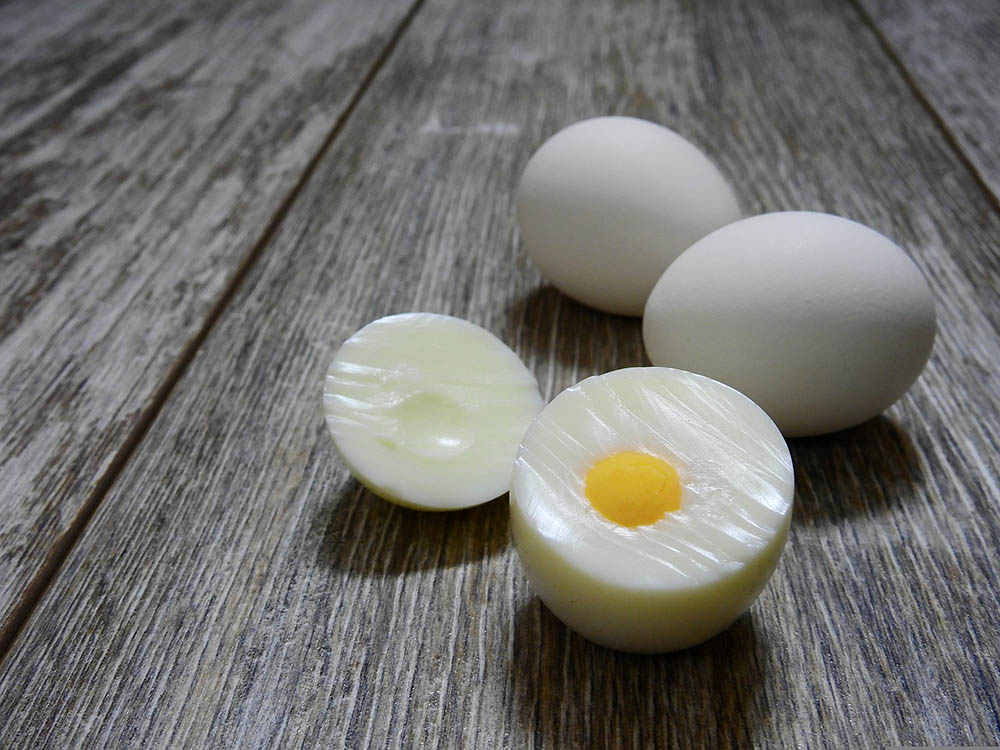
4. Whole Grain Bread
Too much of it may lead to gastrointestinal problems, but a little whole grain bread is tasty and offers some benefits. These provide a variety of benefits, and the bread is a convenient size and shape for you to hold if you want to try feeding by hand.
5. Most Seeds
As a general rule, most seeds are safe for rat consumption. This includes sunflower and chia seeds. Most seeds contain omega fatty acids, fiber, and protein that are of benefit. Like nuts, some seeds are high in calories, so you must feed them sparingly and ensure that your rodent friend doesn’t become too reliant on them in their diet. Excess consumption of seeds is also associated with weight gain and obesity in pet rats.
Avoid fruit seeds like apple seeds and plum seeds, cherry pits, and citrus seeds, however, as these can be toxic and are not considered safe to eat.


Conclusion
Rats make excellent pets and companions. They are friendly, can even be trained to respond to some basic commands, and are relatively easy to care for. One thing you do need to provide is a balanced and regular diet. This diet can consist of commercial rat food or pellets, as well as a selection of fruit and vegetables, with treats like vegetables and eggs providing greater variety and preventing food boredom.
However, while rabbit food might look suitable for rats, too, it has been designed to meet the nutritional requirements of the herbivore rabbit, and not the dietary needs of the omnivore rat. Such food might be safe in a small quantity and should not prove toxic, but it will not provide the right levels of nutrients that your pet needs, so you should avoid feeding it.
See also:
